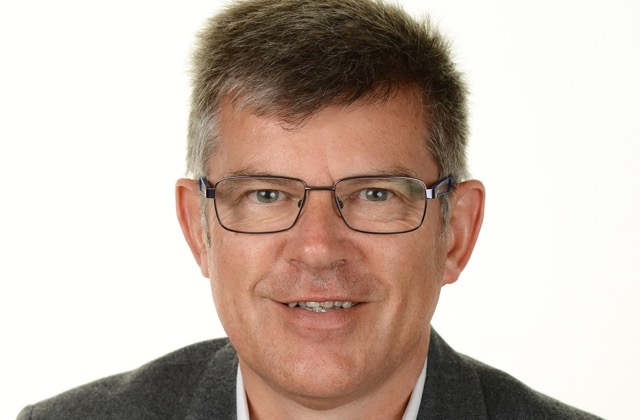In his latest column for SSAS expert Martin Tilley looks at the polarisation threat to the SSAS market.
Small Self-Administered Schemes (SSASs) have been stealing some headlines recently with the threat of a Draconian levy proposed by DWP and a recent Ombudsman case which has drawn attention to the responsibilities of professional trustees.
With the DWP having now U-turned in the face of overwhelming opposition, it is the latter on which we must now focus as this could have far-reaching implications for the future of the SSAS market.
Those readers who are as grey as I am will remember that pre-A Day, the appointment of a professional trustee was a compulsory requirement for the continued approval of a SSAS. The “Pensioneer Trustee’s” main function was to ensure that the scheme was not wound up except in accordance with HM Revenue & Customs’ normal pension scheme practice.
Many trustees at this time limited their responsibilities purely to this role, and even among those firms which have continued to service SSAS since, the roles and responsibilities have been varied to say the least. The Ombudsman’s decision may change all of this.
The Ombudsman’s decision brought into focus the raft of fiduciary responsibilities that sit with being a professional trustee. These are quite clearly set out in the Trustee Act 1925 and Pensions Act 1995.
SSASs are quite unusual in the universe of occupational pension schemes in that all members should be trustees and therefore can control their own destiny. A professional trustee however should not be able to hide behind this as the Ombudsman believes that a professional trustee should be held to a higher level of responsibility, including guiding the member trustees in matters where their professional knowledge would benefit and enhance the trustee decision-making process.
Where expert knowledge does not exist within the ranks of the trustees of an individual scheme, experts outside of the scheme should be consulted.
The concern among some professional trustees is that in reassessing their models to ensure that they are evidencing appropriate responsibilities are being covered, their costs and therefore those to their clients might have to increase. Many firms wrap supplemental services around that of being the professional trustee. These might include the role of Scheme Administrator, secretary to the trustees and other administrative functions including, for example, pension payroll. If outside specialist advice is required that could push the costs of a SSAS still higher.
It has also been suggested that an accreditation scheme for professional trustees should be introduced akin to the old Inland Revenue Pensioneer Trustee acceptance list. Should that come to fruition, additional regulatory costs might also soon appear.
There is of course an alternative service option offered by some firms, that of a Scheme Practitioner. A practitioner service can provide many of the supplemental services required by trustees of a SSAS, but without the responsibility of being a professional trustee themselves.
In some instances, these services can be quite comprehensive but in other instances I have seen that they are not. With the latter, the problem that exists is that the majority of members do not fully understand their responsibilities as trustees and while they might consider that they are managing their own money, they need to recognise that responsibilities to beneficiaries of a scheme, to whom they are accountable, will often extend beyond the current front line members themselves.
There is the real possibility of a polarisation in the SSAS servicing market. Will some professional trustees enhance their offering, and will the clients understand and pay for the Rolls Royce service? Will others choose to exit the market, resulting in consolidation, or choose to reduce their responsibilities by moving to a practitioner only model? If a practitioner-only model, will clients be able to differentiate the varying service offerings and resultant costs?
In my view there can be no halfway house. Prospective services will need to be clearly set out.
A final thought is whether there might exist a market for accredited SSAS trustees providing training for members and whether HMRC might reintroduce either a requirement for a professional trustee or for confirmation that members to have received such appropriate training.
One thing we can be sure of is that the SSAS clients will be instrumental in how the market develops.
Martin Tilley is chief operations officer at WBR Group

